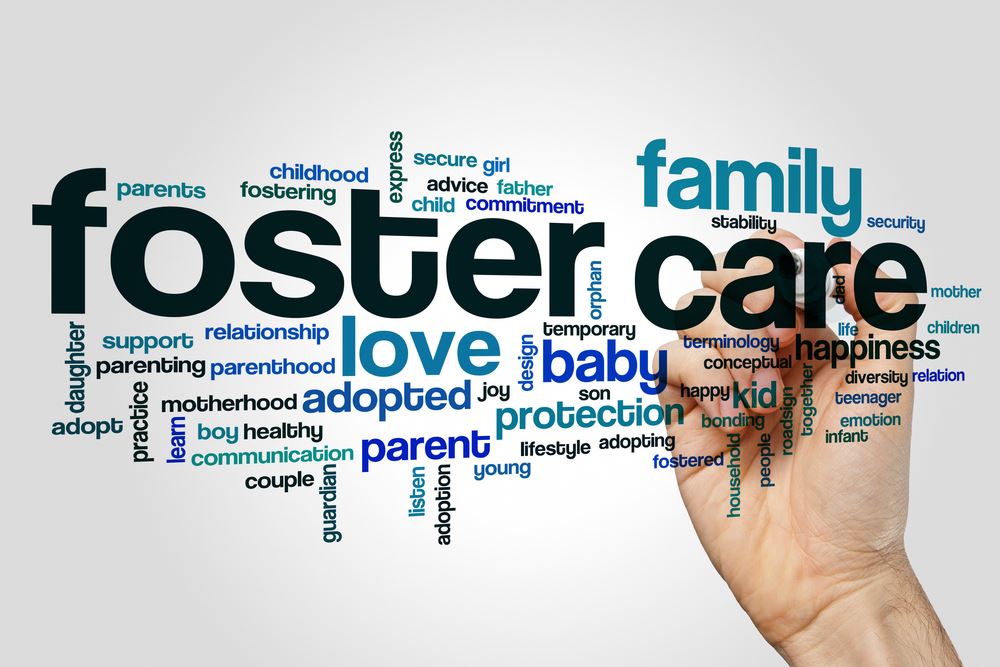As of June 30, 3021, DCS has custody of 14,668 children. Almost 6,000 of these children are aged thirteen or older. DCS’s first job is to reunite these children with their families, or else get them adopted. The truth is many children will exit foster care only when they turn eighteen. These adults do not have families to help them get on their feet. They likely have never had a job or help filling out a FAFSA for college or setting up utilities or paying a deposit on an apartment.
It's hard enough to be first starting out on your own. For foster children, with no access to family support, it often is the start to a life condemned to poverty. If you are one of these young adults, or if you are concerned about one of these young adults, DCS has help available for former foster kids who have “aged out” of traditional foster care.
It’s called the Extended Foster Care Program. Many young adults don’t want to participate, thinking it will be just like foster care when they were under 18, when they didn’t have choices about what they can and cannot do.
That’s not true. The Extended Foster Care Program acknowledges that you are an adult, but also that you need help to achieve independence. It can help pay for housing, help you find a job, or help you go to college. Here’s how it works:
To Qualify for Extended Foster Care, young adults need to do the following:
- Be age 18-21.
- Be enrolled in high school, college, community college, or a vocational program (or have certain medical conditions)
- Be willing to meet with a Family Service Worker once a month to discuss needs and goals.
- Be willing to attend a court hearing every six months to check in
Aside from using basic common sense, that’s about it. No curfews, no other rules other than generally following the law – you are truly a grown up.
Here’s why children aging out of foster care should participate:
- Money for school: Extended foster care gives up to $5,000 per year in education and training vouchers for post-secondary education.
- Money for living: Participants can get financial assistance to secure safe independent housing, which could be in a dorm, foster home, apartment, or sometimes even in the home of a relative or different supportive adult.
- Guidance when needed: Participants have access to support personnel who can give advice and recommend resources the young adult may need to achieve their goals.
- Access to helpful classes and leadership opportunities
It is important to note that extended foster care is never required and that young adults in the program have the right to opt out at any time. And, while the extended foster care program does put young adults in contact with support personnel to help them stay on track with their goals, it also still allows for participants to have significantly more independence than they may be used to as minors in traditional foster care.
There’s every reason for adults who have just aged out of foster care to take advantage of this program. If you or someone you know could use this help, give Held Law Firm a call. Or you can get more information and apply directly with the Department of Children’s Services here: https://www.tn.gov/dcs/program-areas/youth-in-transition/il/contact-us.html





